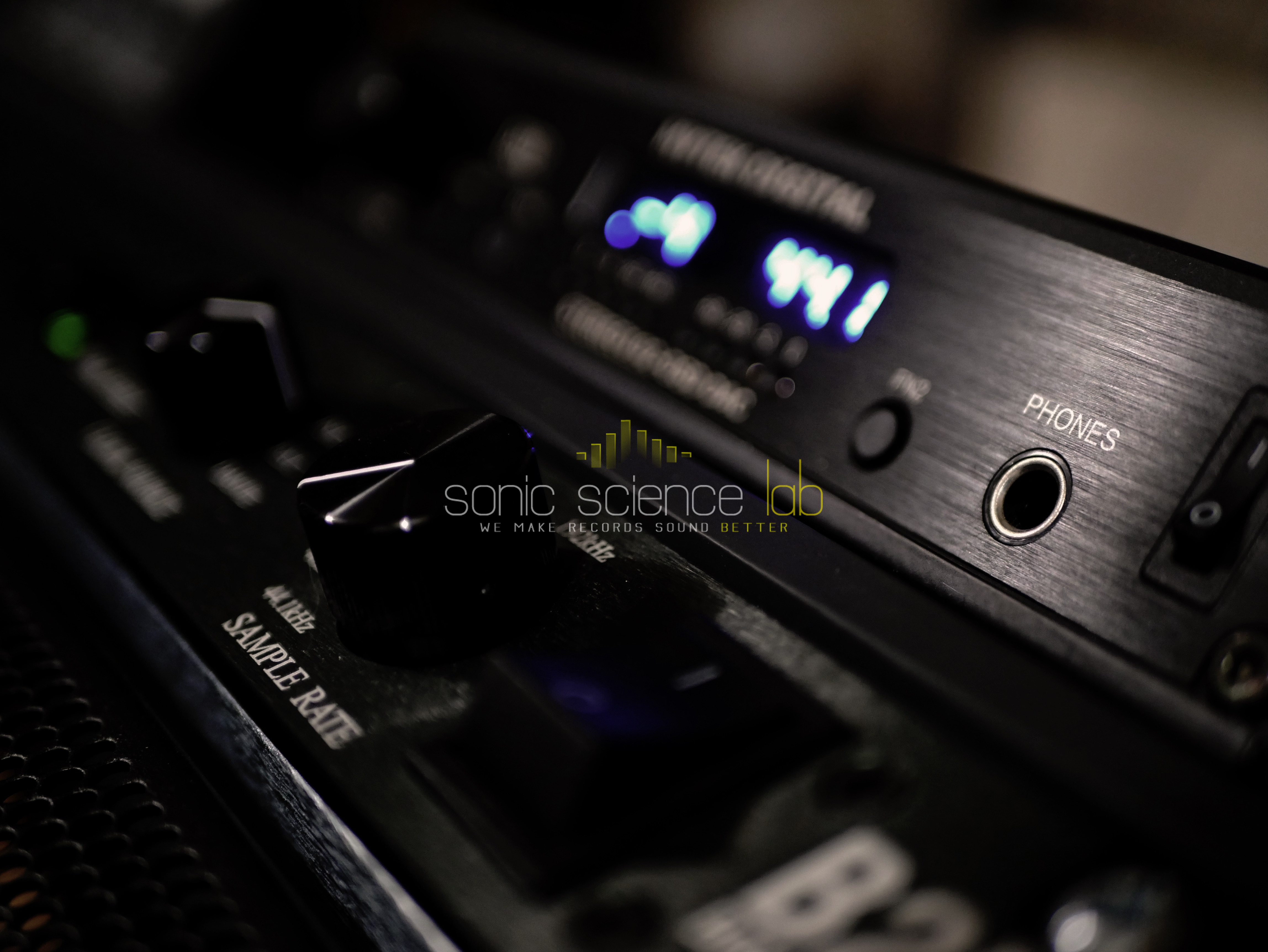

Ok, where’s the issue?
There are 2 kind of issues:
Bear in mind that 24bit or 16bit audio is end-user format (well, to be precise 24bit is definitely ok for recording- a natural limitation of many A to D converters, but we discuss here a word-length reduction). So, if your audio is going to be:
you want quality/transparency. You don’t want to introduce additional distortion, especially if it can be easily avoided.
It means that you should export at your DAW native word-length, usually 32bit or 64bit.
You can find such information in documentation of your DAW.
If your DAW uses 64bit word internally, it’s better to truncate to 32bits with dithering! Exporting in 64bit makes no sense.
If you truncate to 24 or 16bit (and actually it’s a default setting of some DAWs…), such a process must involve dithering!
Some say that dithering is not needed. They’re wrong. Why? You can find a blog post with sound samples (with truncation errors) about it right here.
So, dear recording and mixing engineer, just do it right!
So, you really want non-lossy encoded file exported from DAW. Also for archiving purposes.
Btw. If for some reason you really need to export to lossy format- export at highest possible bitrate as an AAC not a MP3. AAC is superior to MP3!
So, dear producer! Always support your artists with a quality file.
Dear artist! Always ask for a quality file of your production.
So, this is it. Catch you later!
Pozdrawiam (Best)
Artur



Please enter your name and email address below.
0